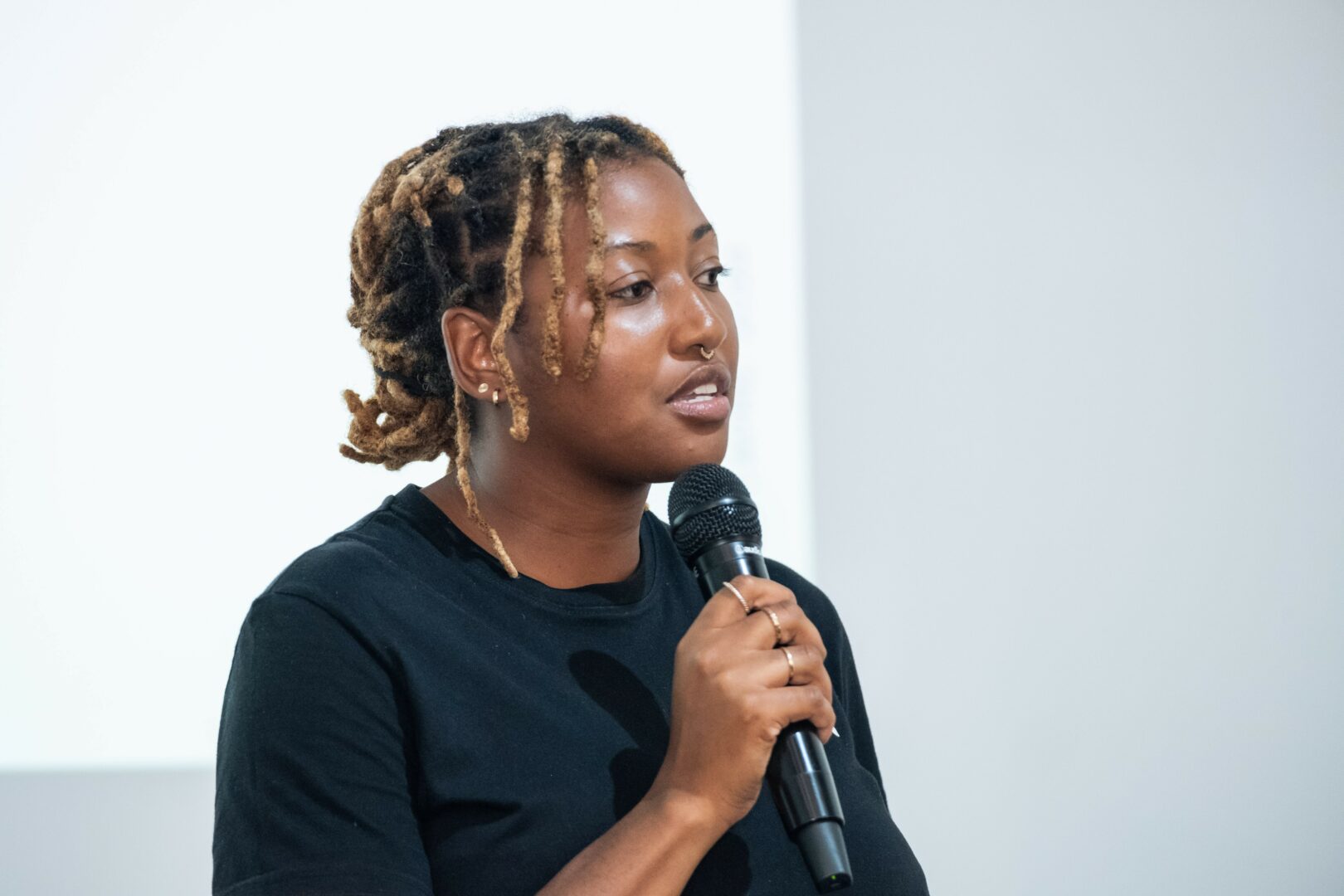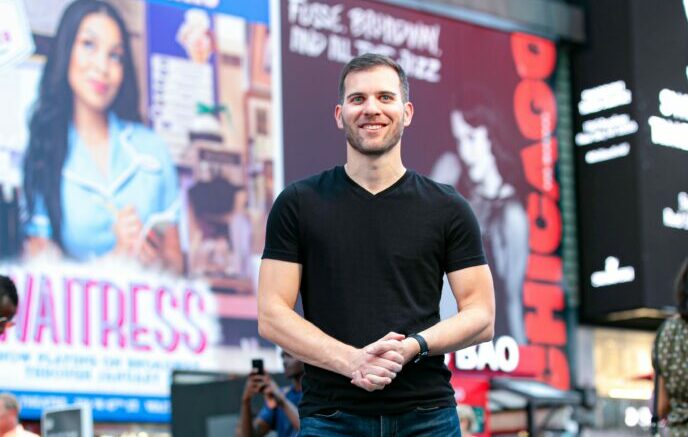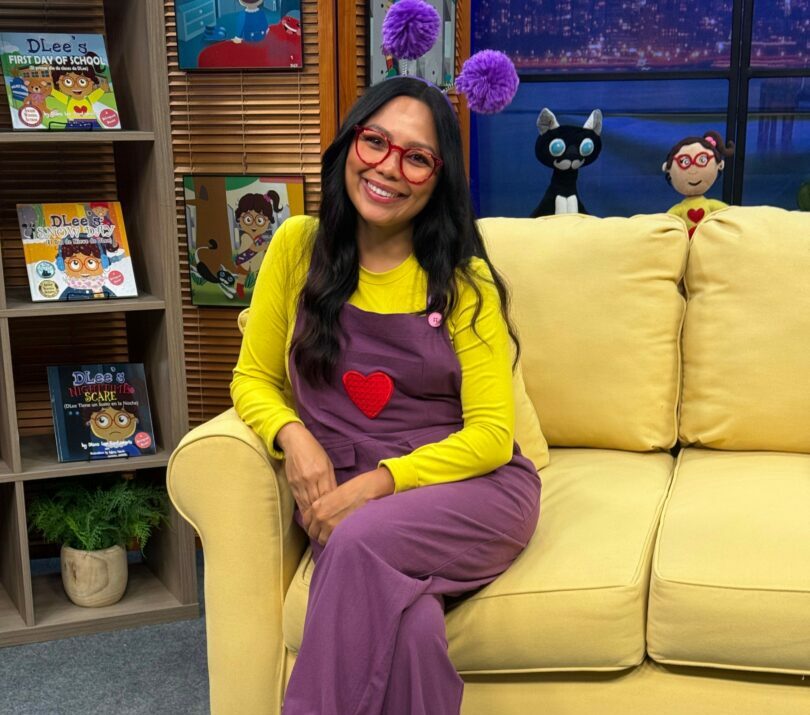We recently connected with Magnaem Ambata and have shared our conversation below.
Hi Magnaem, thank you so much for opening up with us about some important, but sometimes personal topics. One that really matters to us is overcoming Imposter Syndrome because we’ve seen how so many people are held back in life because of this and so we’d really appreciate hearing about how you overcame Imposter Syndrome.
I think imposter syndrome is something many developers experience, especially when you’re self-taught and trying to carve your path. For me, I would say it all started when I decided to become a low-code developer. Having no formal training made it easy to feel like I didn’t belong among other developers with more traditional backgrounds.
I would constantly compare my work to theirs, wondering if I was good enough. I remember one particular moment about a year ago when I was building a Webflow project for a client. I had spent hours on a task that a more experienced developer could have completed in minutes. That hit hard. I started questioning whether I should even be doing this, but I kept going anyway.
What helped me overcome imposter syndrome was shifting my perspective. Instead of focusing on what I lacked, I started viewing other developers as sources of inspiration. If they could do it, why couldn’t I? I began to see challenges as opportunities to grow. It wasn’t easy, though. Some days, I still struggle. But now, I’m better equipped to manage those feelings.
I also leaned into communities, particularly low-code slack channels and Webflow forums, where I met developers with all kinds of experiences and levels of expertise. Seeing others ask for help, regardless of their experience, reminded me that no one knows everything, and that’s okay. These communities became places where I could ask questions, offer help, and share my wins—no matter how small.
Another thing that has helped is acknowledging my progress. Looking back at projects I built in the early stages versus now is a reminder of how far I’ve come. I celebrate the little wins, and with four years under my belt, I’m recognizing that imposter syndrome doesn’t define my abilities.
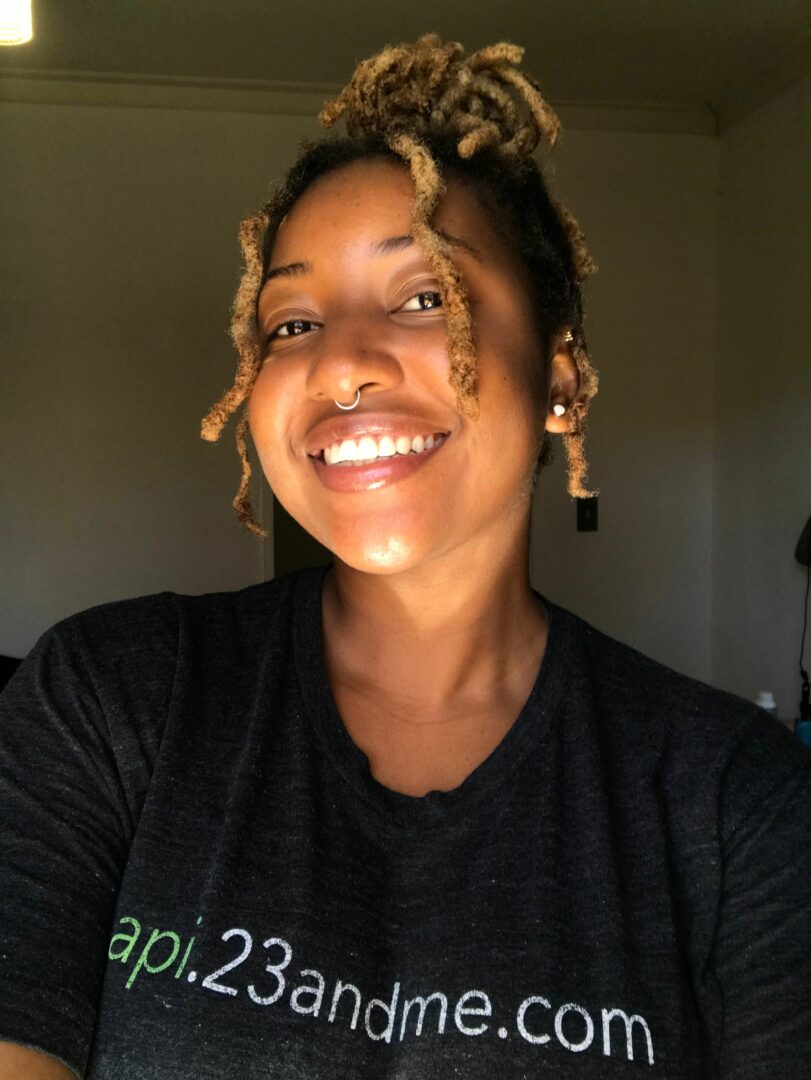
Thanks for sharing that. So, before we get any further into our conversation, can you tell our readers a bit about yourself and what you’re working on?
I’m the co-founder of a platform called Billet that’s all about helping aspiring tech talent gain practical experience through project-based learning. We provide users with the chance to work on real-world projects across areas like data analytics, full-stack development, and UI/UX design. This approach isn’t just about learning the theory, it’s about gaining the experience that helps our users build impressive portfolios, making them stand out when applying for jobs.
What I find most exciting about what we do is how we’re creating real impact, particularly in Sub-Saharan Africa. We’re giving our users the chance
to develop valuable, marketable skills while connecting them with potential employers for remote work opportunities
It’s incredibly rewarding to see our users grow their skills and open up new career paths they might not have otherwise had access to.
As a low-code developer, I love how quickly I can build and iterate on scalable, cost-effective solutions using tools like Webflow, Wized, Airtable, or Memberstack, which have allowed me to collaborate on diverse projects—from developing Webflow templates to creating platforms like Billet that solve real problems for users and businesses.
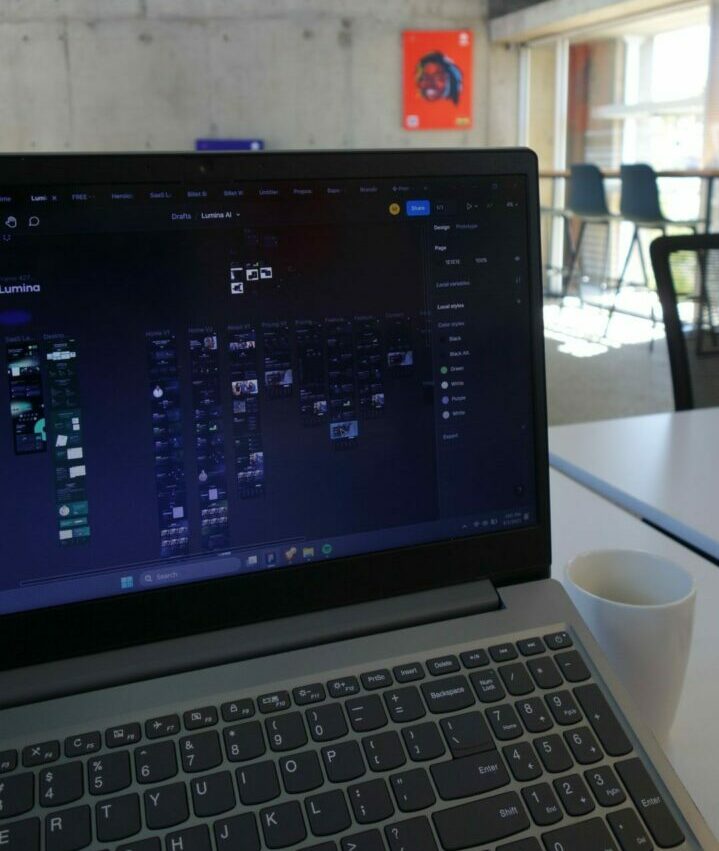
There is so much advice out there about all the different skills and qualities folks need to develop in order to succeed in today’s highly competitive environment and often it can feel overwhelming. So, if we had to break it down to just the three that matter most, which three skills or qualities would you focus on?
My natural curiosity has been a driving force in my growth as a developer, leading me to explore various areas of technology, from web development to low-code platforms. This willingness to seek out information and continuously learn has kept me adaptable and ready to tackle new challenges. For those early in their journeys, I encourage embracing a mindset of continuous learning. The tech field is ever-evolving, so it’s okay not to know everything at once. Personally, I began with the fundamentals of low-code development and gradually expanded my skills from there, taking advantage of free resources I could find to deepen my knowledge.
Another crucial skill I’ve developed is problem-solving, which has helped me turn challenges into opportunities. Early on, I learned to break down problems into smaller, manageable parts, making even the most intimidating tasks more approachable. For beginners, focusing on developing a problem-solving mindset can be incredibly beneficial. Don’t be discouraged by challenges; they’re often your best teachers.
Finally, resilience and self-belief have been essential in navigating the inevitable setbacks and self-doubt that come with this journey. Trusting in my ability to figure things out has given me the confidence to keep moving forward. There are moments when I feel overwhelmed or doubt my progress, and during those times, I remind myself of how far I’ve come and celebrate even the small wins. Surrounding yourself with a supportive community, whether through online forums or local meetups, can also make a significant difference.
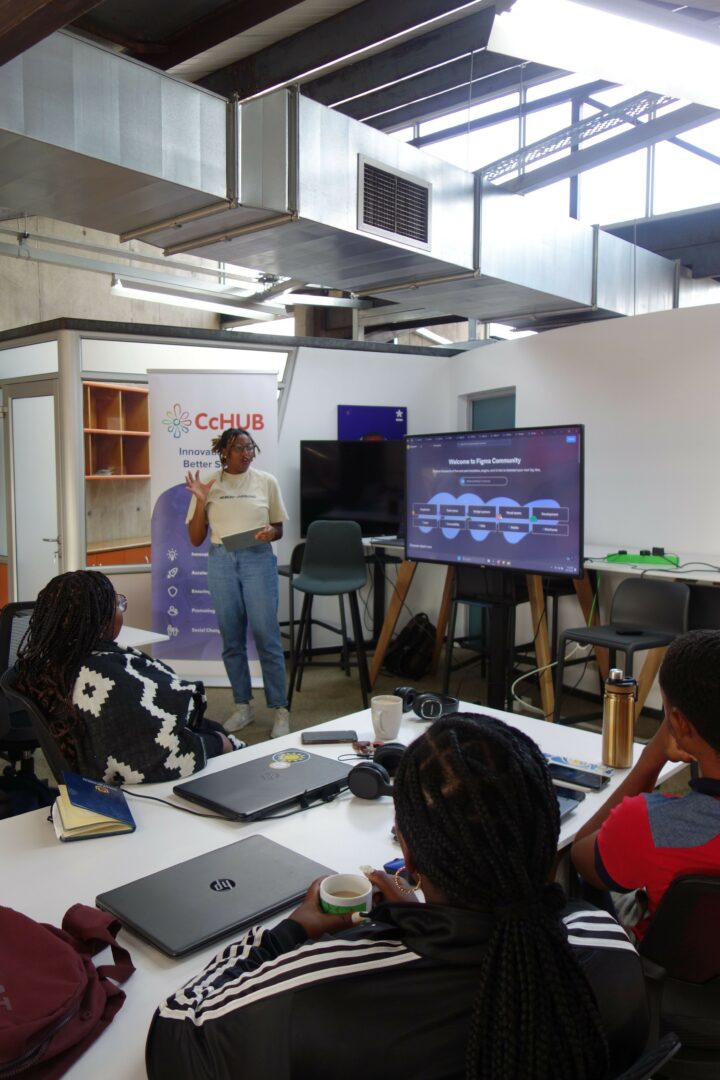
We’ve all got limited resources, time, energy, focus etc – so if you had to choose between going all in on your strengths or working on areas where you aren’t as strong, what would you choose?
I think a balanced approach of leveraging our strengths while investing in areas for improvement yields the best results. Focusing on our strengths enables us to maximize our potential and deliver outstanding outcomes, while addressing our weaknesses fosters growth and adaptability.
As a co-founder of Billet, I recognized that my strengths lie primarily in product development. By prioritizing this area, I was able to build a robust platform that effectively meets user needs. However, I also realized that my user experience skills were not as strong, which sometimes led to challenges in user engagement.
To address this, I have made a conscious effort to learn more about UX design principles and actively seek resources to enhance my skills. I’m sure that this investment will improve my understanding of user needs and enhance the overall usability of our platform.
Contact Info:
- Website: https://www.billetconnect.com/
- Instagram: https://www.instagram.com/billetofficial/
- Linkedin: https://www.linkedin.com/in/magnaem/
- Other: https://paperunicorn.co/
https://webflow.com/templates/designers/paperunikorn
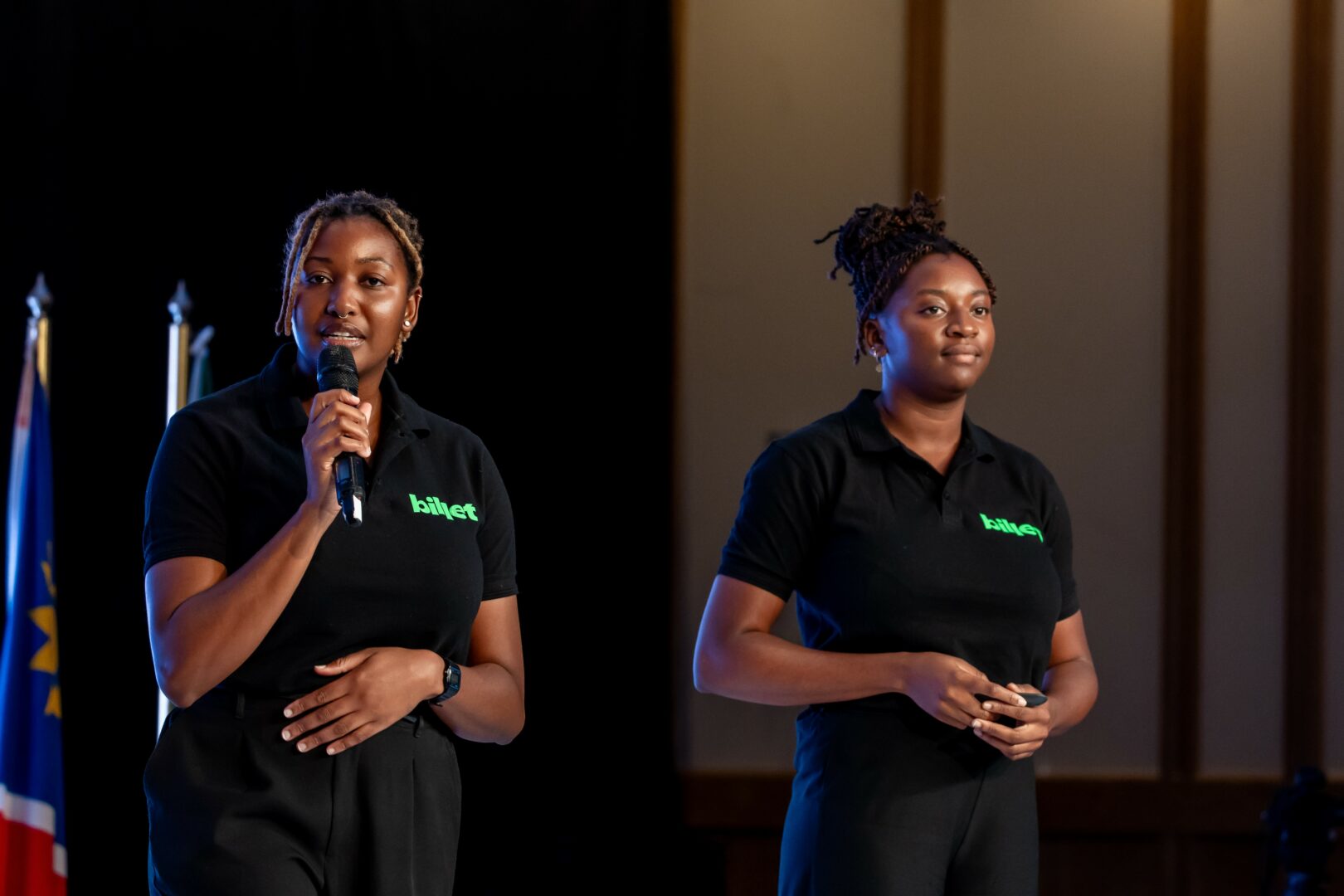
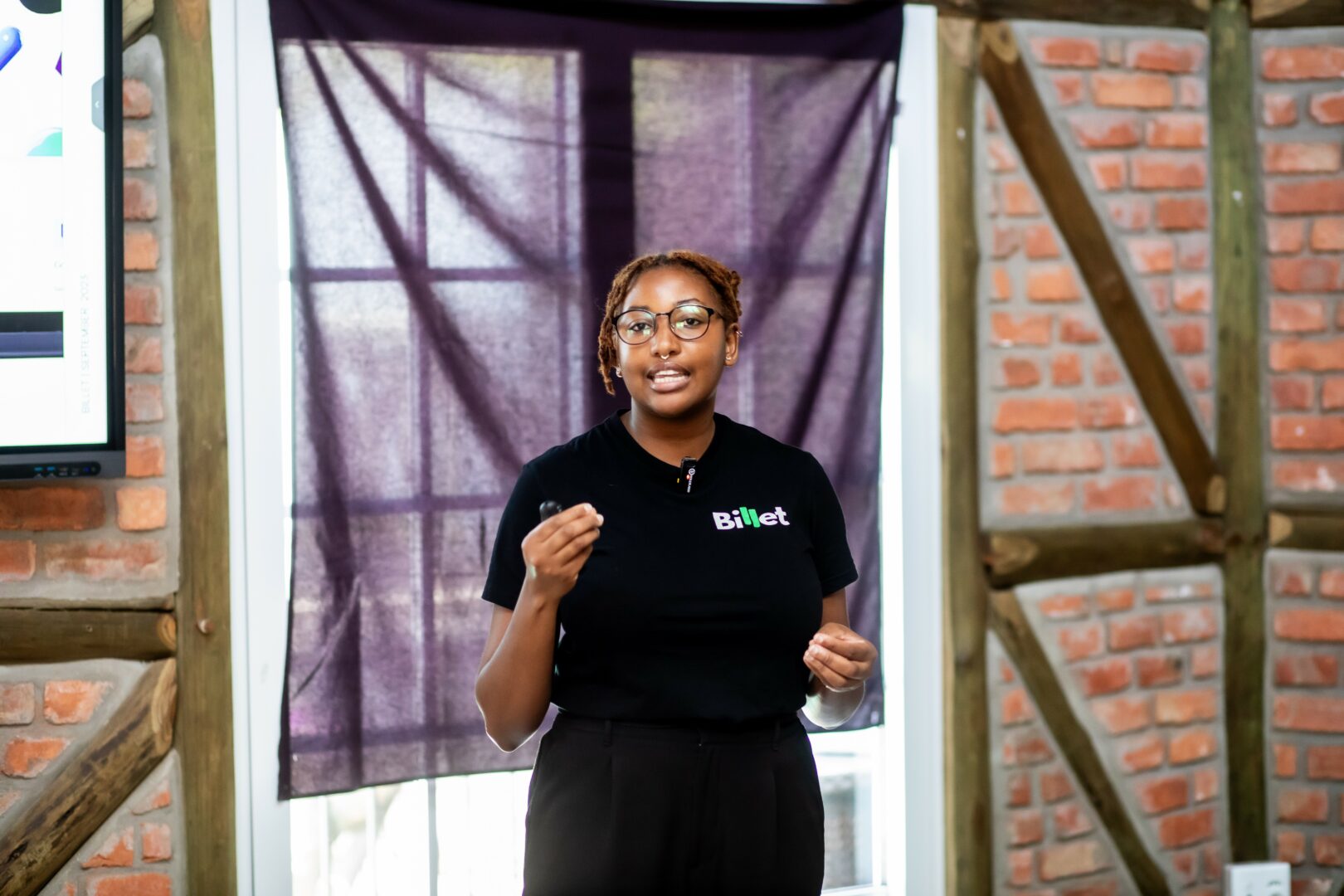
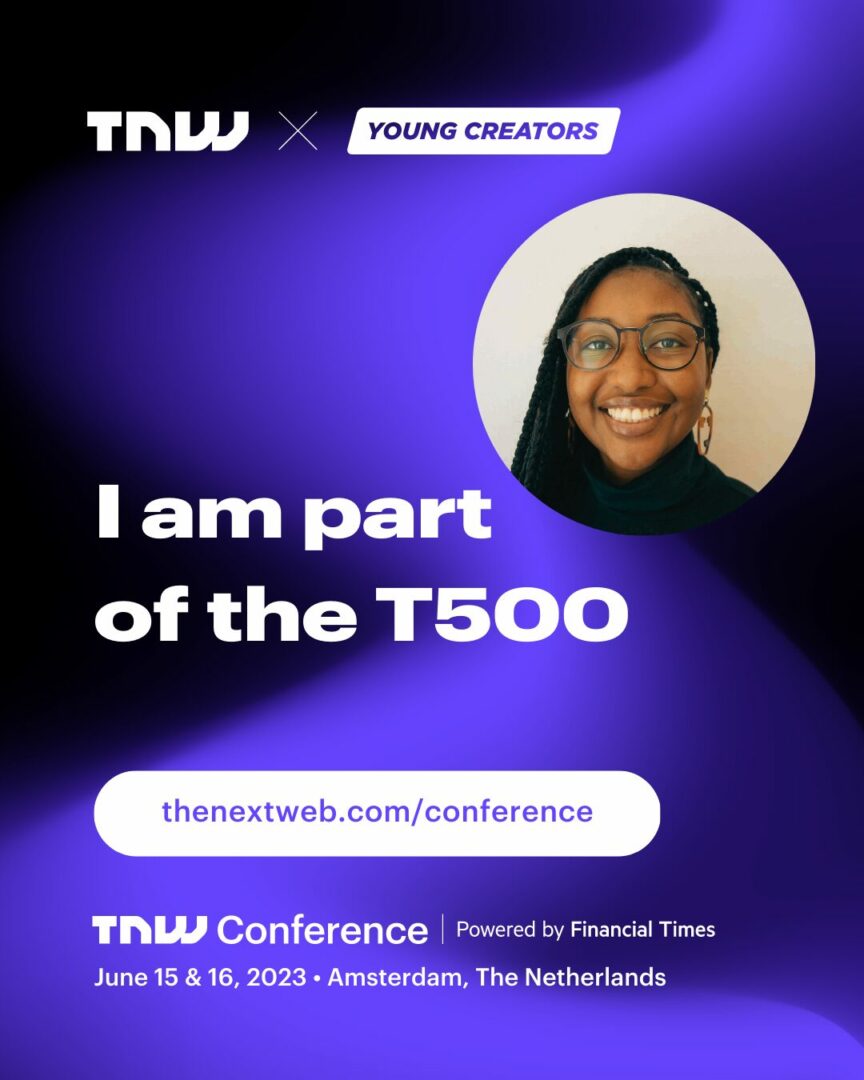

so if you or someone you know deserves recognition please let us know here.

